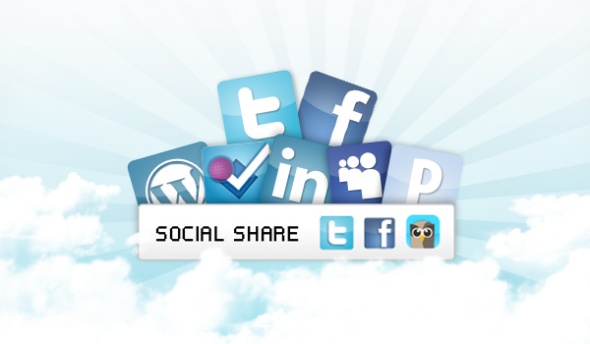Game-play by nature is highly social (perhaps with the odd exception – Solitaire anyone?) And in today’s hyper-connected world, its no surprise that gamification is often as well.
In fact, game-play often attracts people with socially-oriented motivations. After all, what fun is winning, achieving a new high-score, or earning badges if you can’t share those accomplishments with others? Sharing triumphs isn’t the only social-motivator inherent in games, however. Many massively multi-player games include extensive ‘quests’, exploration, and collaboration – all of which may involve social behaviour.
The practice of gamification has embraced these social dynamics quite heavily. Earning badges has become synonymous with many ‘gamified’ experiences. Badges are social by nature. And why shouldn’t they be? With over 1 billion of us connected through Facebook and other social networks, it makes sense that we proudly display our achievements as a way of sharing our life experiences and interests with our friends.
And while social behaviour may be a happy byproduct of gamified experiences, it increasingly works the other way around. Many marketers find that social-sharing can be an effective way of promoting their brands. So, why not reward this behaviour to promote greater brand engagement through social networks? Simple game mechanics such as contests where participants earn bonus entries for friend referrals can be incredibly effective. Similarly, game mechanics can be used for longer-term engagement and social-sharing initiatives. Marketers are beginning to experiment with online and mobile promotions where participants are rewarded not only for sharing, but for brand interactions – watching videos, playing trivia, and voting to name a few. What these initiatives all have in common is that they’re plugged into social networks such as Facebook, Twitter, and Instagram. This allows marketers to create seamless experiences for participants where they can easily interact with the brand and then share that experience and related achievement with friends.
Loyalty programs also have an interesting role to play in brand engagement through social channels. If you enjoy earning virtual rewards for your accomplishments, chances are you’ll enjoy earning real rewards, such as points or miles, even more – especially if you’re already a member of the program. In fact, combining virtual rewards, like badges, with loyalty program points may prove an even more powerful motivator to get people interacting with and sharing your brand through social networks.
And the game mechanics don’t have to stop there – many other tools, like leaderboards, can be used to promote social-sharing . The big rewards will go to those marketers who continue to embrace these new tools and the opportunities they offer to engage consumers.
